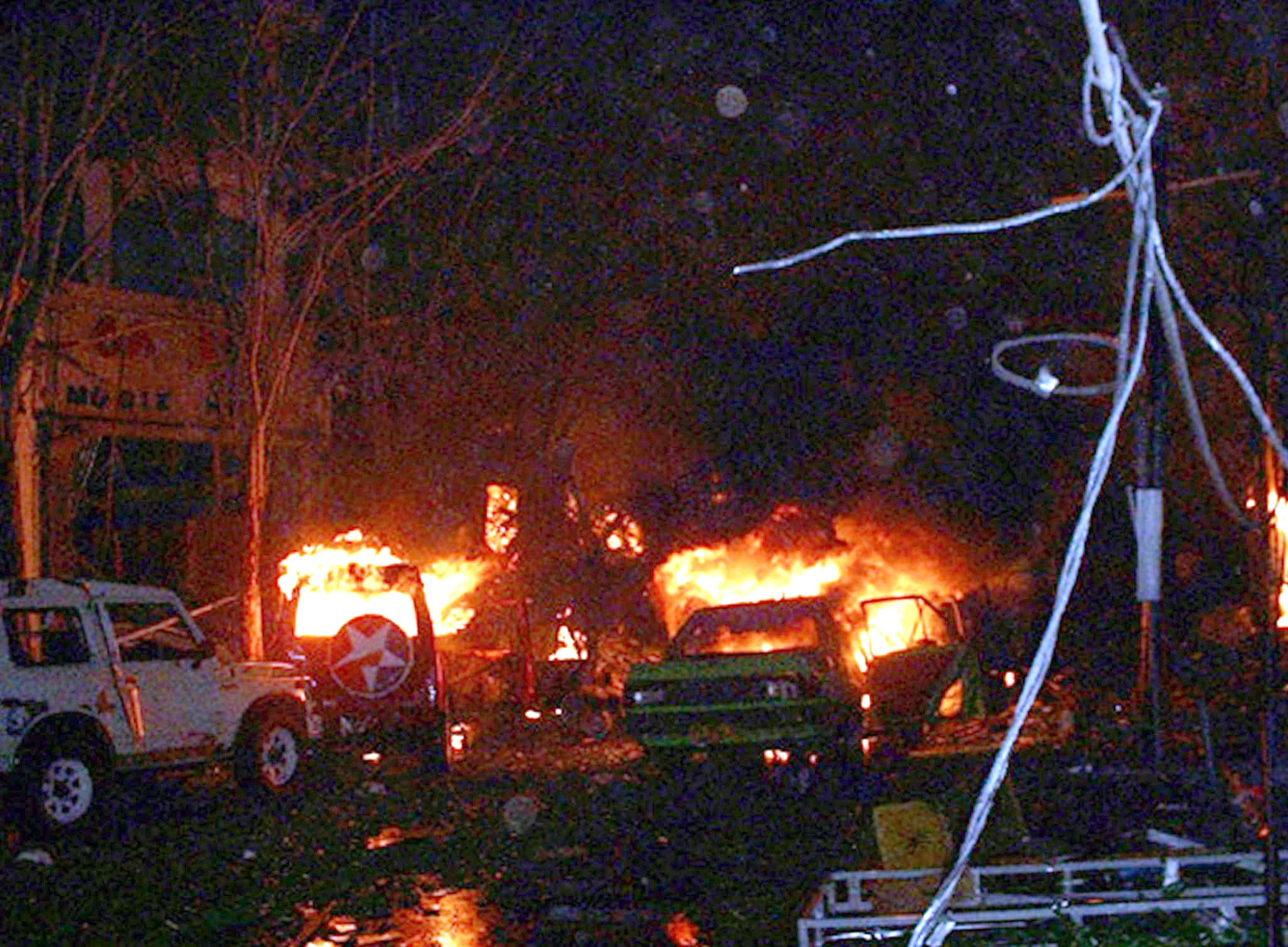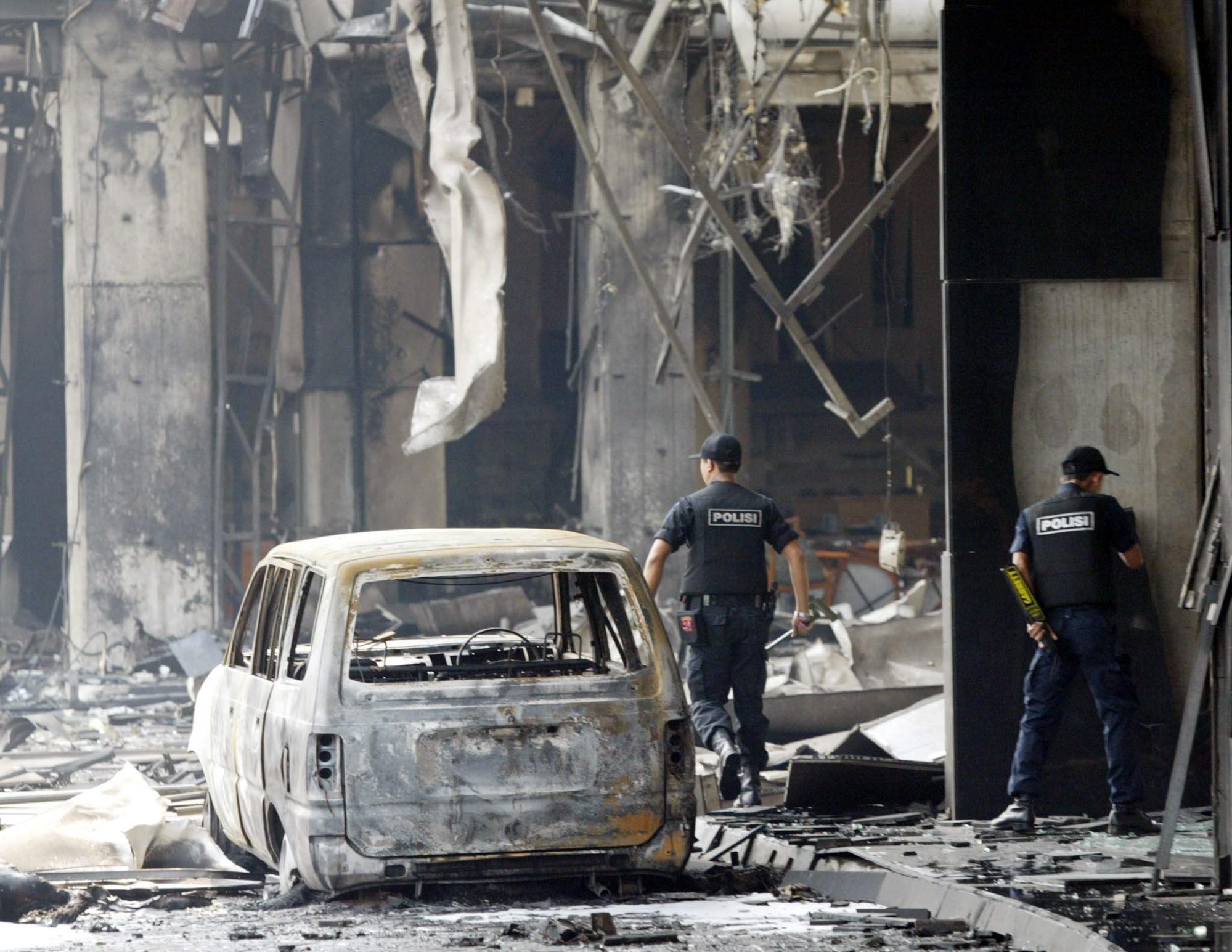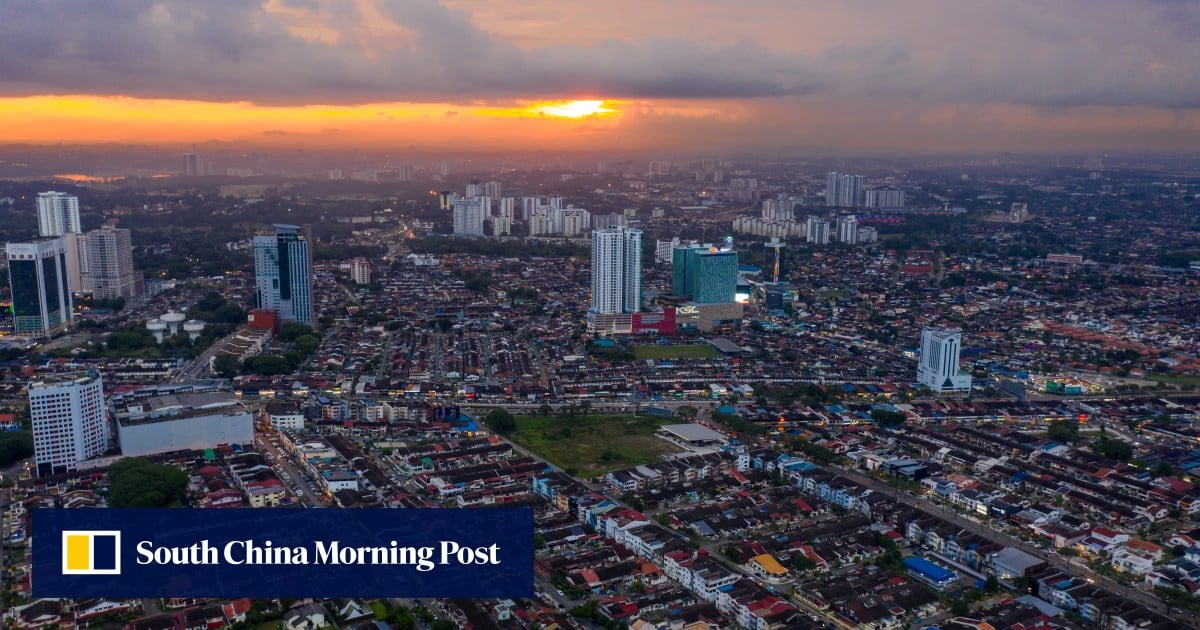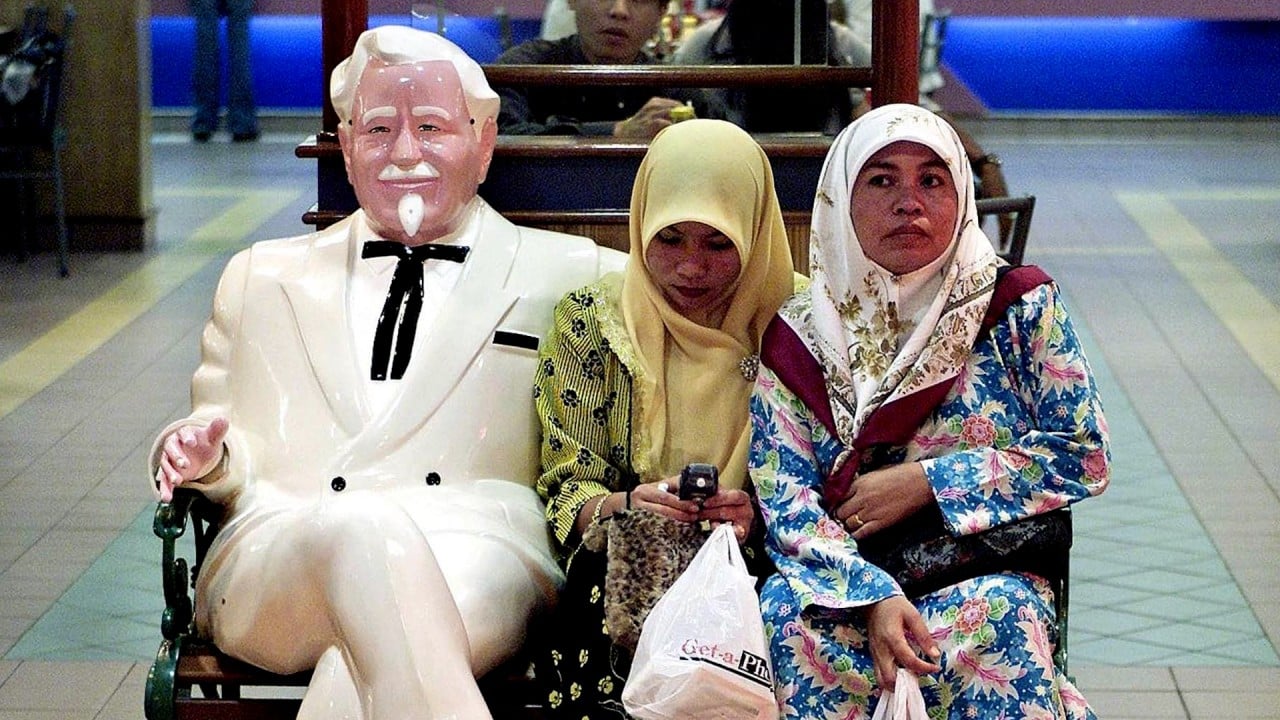The suspect was shot dead during the attack.
“The suspect’s father is [a] Jemaah Islamiah [member],” Razarudin told reporters, saying a raid on the suspect’s house revealed “lines from the Koran” plastered on the walls and adding that five people have been detained including the suspect’s father.

“The suspect, who died, was prepared. In the bag he used as a shield, he had placed zinc [sheet], paper, cloth, to face the police.”
The suspect made a commotion in an area behind the station while two officers on duty were taking a statement from a couple. That lured out one of the police victims, whom the suspect attacked using a machete before taking out his gun.
A patrol team who had just returned to the station then exchanged fire with the suspect, police said. A second officer was gunned down during the exchange and a third was injured before they managed to kill the suspect.
Police have also detained the couple, and dispatched teams to haul in some 20 known JI members across Johor as part of their investigations, Razarudin said.
He said they had yet to determine the motive of the attack but did not dismiss the possibility of an attempt to raid the station’s armoury.
Malaysian authorities have been closely monitoring activities seen to have potential links to terror groups since 2016, when the country saw a spate of attacks or planned attacks by individuals influenced by Islamic State (IS), including one case where a man threw a grenade at a nightclub in Kuala Lumpur.

The deadly Bali bombing in 2002, which killed over 200 people, was allegedly orchestrated by two Malaysian leaders of JI.
In 2000, the Al-Maunah militant group raided an army depot in Perak state, carting away over 100 weapons and ammunition in a bid to wage a holy war against the government. The group also killed at least two army officers.
Extremism expert Munira Mustaffa from Chasseur Group, a security consultancy, said that there was a resurgence of JI activities in Indonesia that led to a series of arrests across the country, particularly in the island of Sulawesi, east of Malaysia’s region of Sabah in Borneo.
“There is a likelihood the suspect was inspired to copy the modus operandi usually seen in police station attacks in Indonesia,” Munira told This Week in Asia.
She, however, cautioned that this attack in Johor was an isolated case, saying the Indonesian group was struggling to revive its militant activities under its new leadership, “which placed a moratorium on attacks for years now”.
“While JI membership in Indonesia remains quite large, the majority are not particularly focused on carrying out attacks due to an ideological shift,” Munira said.
Formed in post-World War II Indonesia, JI has expanded over the decades to include cells in Malaysia, the Philippines and Singapore. It has sent members to fight alongside the mujahideen in the war against the Soviet Union in Afghanistan and built ties with kidnap-for-ransom group Abu Sayyaf and Al-Qaeda.
The last time Malaysian police faced deadly force was in the early years of the communist insurgency, including the infamous Bukit Kepong incident when an attack by communist militants killed 25 officers in 1950.


